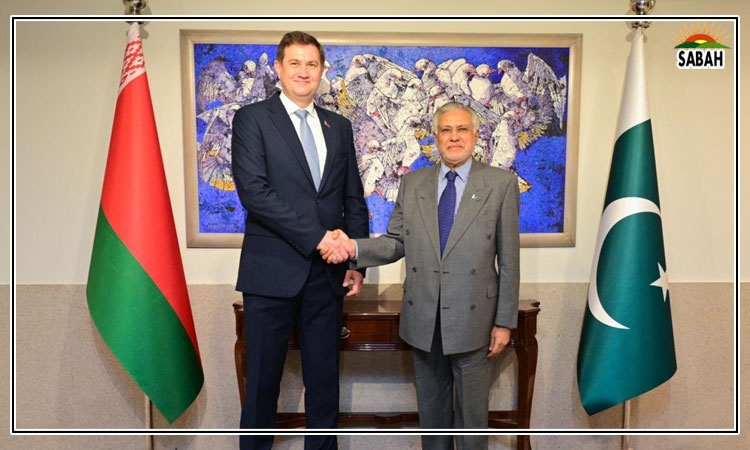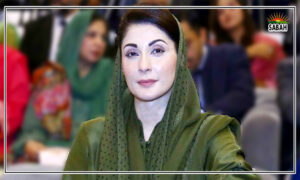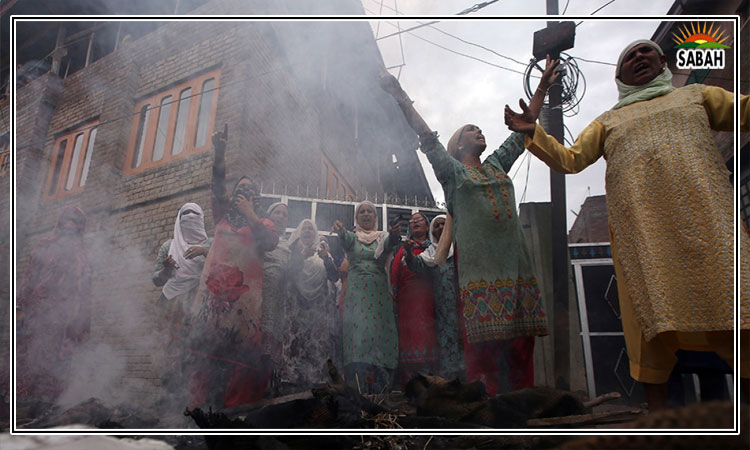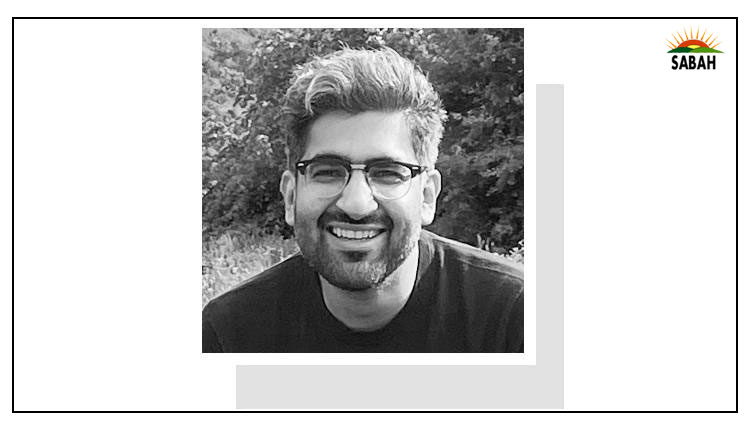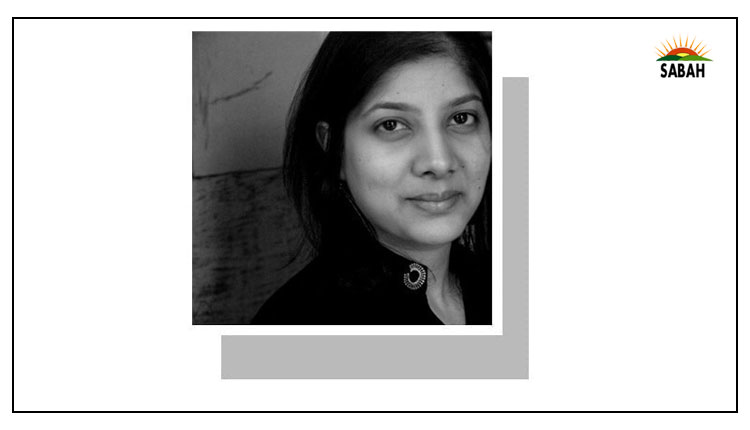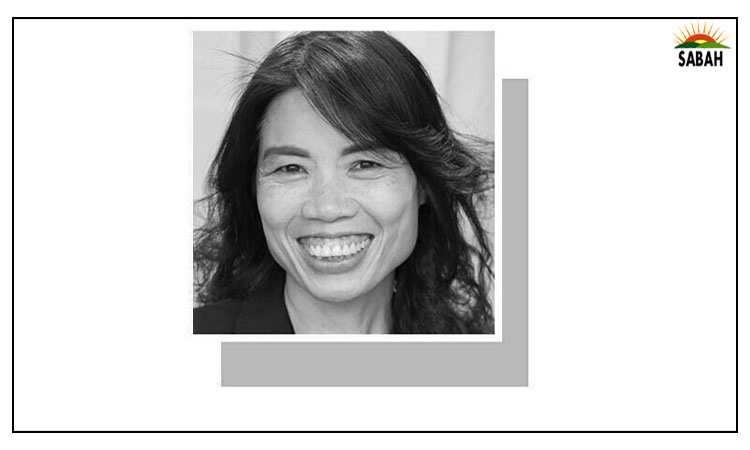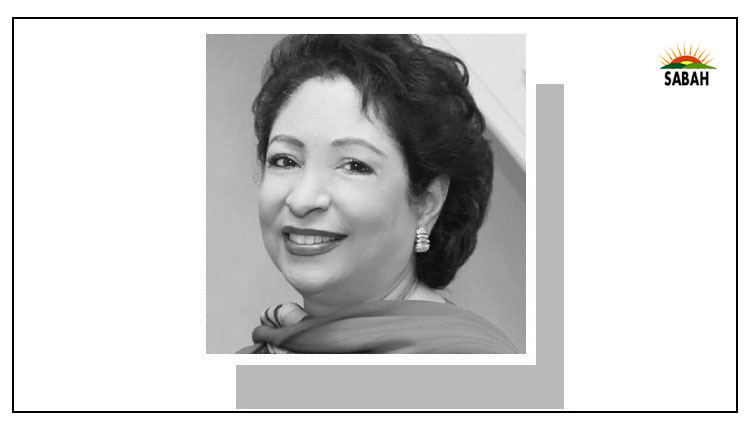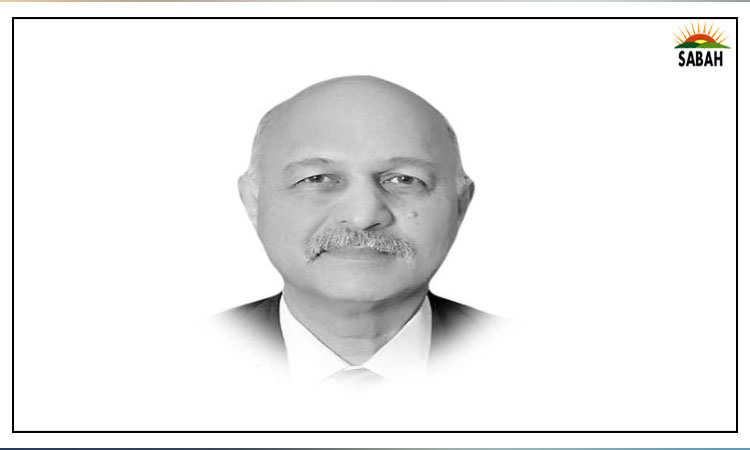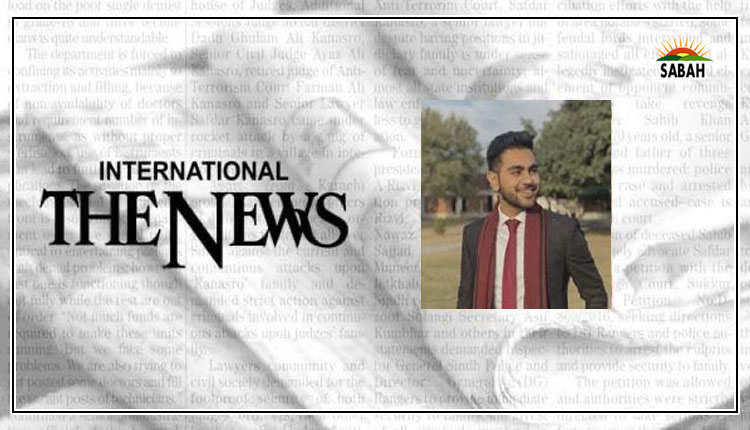Electoral rewind…Muhammad Rafeh Hyder
Today, the nation stands on the cusp of another electoral spectacle. A labyrinth of events that happened over the last two years from midnight court sessions to parliamentary theatrics has left the country grappling with political uncertainties, raising pertinent questions about the forthcoming elections.
Before we grapple with what the problem is today a reminder is necessary. A two-decade rewind to the 2002 general elections reveals a restricted, if not overtly banned, PPP and PML-N trying to weave their way into the general elections held under the late Pervez Musharraf.
While the PPP managed to add another P to its fraction and still faced a hung parliament in its den, the PML-Ns split up resulted in the PML-Q winning a majority in the National Assembly. Undeniably, the PML-Qs win in 2002 was purely democratic. Similarly, Musharrafs future leadership of the party was purely coincidental.
Fast-forward to 2008: post-Musharrafs emergency fiasco and Benazir Bhuttos assassination in late 2007, the PPP emerged victorious some would call it a sympathy vote, but victorious nonetheless. The PML-N worked its way under Ch Nisar Ali Khan while the party supremo Nawaz Sharif could barely survive landing back from exile, let alone campaigning.
Where reports were rife of a corruption scandal and much more, the PPP took a fall in the 2013 general elections and the PML-N supremo waltzed into the National Assembly with an over 30 per cent majority with speakers playing Arif Lohars anthem. Up until this point, the PTI had gained a significant fraction in support where Khan was now targeting the PPPs nationalization programme and corruption therein.
Come 2018, Nawaz Sharif was disqualified for life Khan aggressively led the opposition against the PML-N after its first year in office, ranging from the 2014 Azadi March to explosive statements on TV and, notably, the Panama Papers in 2016. While Khan had only changed his target from the PPP to the PML-N, he gained nationwide support. One could argue that his second attempt at hatred-fuelled voting patterns was done better, another could argue that his focus was purposely on Punjab which led to his victory in 2018.
All seen and done in disappointment when Khan came into office in 2018, a fast-forward is required to early 2022. Three years into his parliament, the PML-N rose and joined hands with the party that had been missing in action since 2013 the PPP. The world saw the Supreme Court of Pakistan open at midnight, speculations were made about a compromise by Khan and yet, Khan was ousted in the late hours of April 10, 2022. Even the then deputy speaker Qasim Suri who is now supposedly in trouble, two years after his attempts in the National Assembly (all hail vendettas) could not save Khan.
A hung parliament, dissolved provincial assemblies, Ali Wazirs travails, the PTIs resignations in the National Assembly, the Supreme Courts nefarious directions, the Election Commission of Pakistans 14 points on election delay and Kakars six-month term later, we are now only two weeks away from the 2024 general elections. If only it was left to the Senate and not the ECP, they would have us vote in the beautiful morning of spring when senators and their team would personally visit constituencies to provide us with lilies and a cycle (weather appropriate of course) at the cost of another timeless adventure with the caretakers so they could discuss whats in their bag in their next video with Vogue.
A point of observation under this trend is a game of 3 Bs banning, bashing and bragging. All elements that are clearly visible in recent speeches made by the PML-N supremo banning the PTI, bashing Khan and bragging about motorways (again!). The same elements were seen under Khan banning the PML-N, bashing anyone and everyone that is not PTI and bragging about Imrans charitable work. Benazir Bhutto in her campaign was no different and now her son, Bilawal carries on the legacy.
While applause may be heard in the audience owing to the 3 Bs or the fourth B (a plate of biryani) manifestos and real policy issues are yet to be properly tackled by either party for the upcoming elections.
Yet, of course, one could always see that since so much energy is spent in this nation by political leaders on subterfuge and setting the stage for their arrival, proper manifestos are bound to take a backseat. If proper manifestos are hard to produce, one could always rely on what theyve sold before roti kapra makaan, motorways, CPEC, cancer hospital.
In an interesting game of royal (quite literally dynasty) rumble, the PML-N is almost confident they will make government. While they try to convince the populace of Khans disgrace, the PPP is clinging on to the hopes of washing hands with independent candidates because the PML-N does not use lifebuoy and the PTI is focused on fighting back. But not one of them is talking about the real issues democracy, inflation, unemployment, power and foreign affairs to name a few.
The focus on the trinity of banning, bashing, and bragging eclipses substantive policy discussions, leaving the populace yearning for genuine solutions to the pressing challenges that define our national landscape. In this intriguing game of political chess, the real issues languish in the shadows, overshadowed by the theatrics of party lines and the allure of the fourth B manifestos that seem to be elusive in the face of grand political spectacles.
As voters prepare to cast their ballots, the choice becomes a nuanced one between allegiance to party lines or reliance on the fourth B a poignant reminder of the complexities that underscore Pakistans political arena.
Courtesy The News


